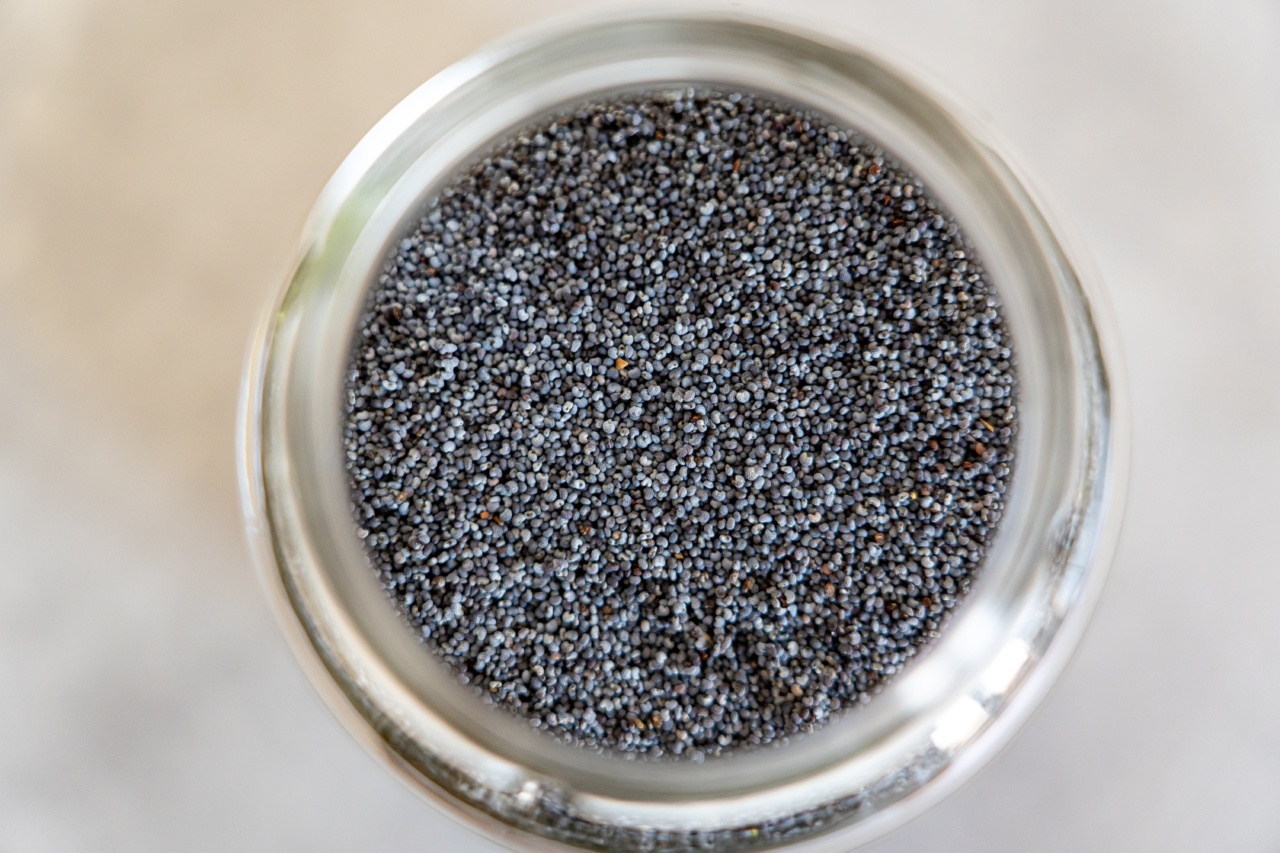Many of us want to have a healthy body and mind, but only a few are aware of the nutrients that are important for our well-being. Busy schedules, unhealthy diet, and lack of exercise are some of the factors that contribute to a poor health condition.
Our body requires nutrients in different proportions to function properly.
In this article, we have compiled a list of the top 30 nutrients that you should incorporate in your diet for optimal health. These nutrients will not only keep you healthy but will also prevent various diseases.
1. Protein
Protein is essential for building and repairing tissues in the body. It also helps in the production of enzymes, hormones, and other vital molecules. Some of the protein-rich foods are meat, fish, eggs, dairy products, legumes, and nuts.
2. Carbohydrates
Carbohydrates are the primary source of energy for the body. The complex carbohydrates found in whole grains, fruits, and vegetables are a great source of fiber, which aids digestion and helps regulate blood sugar levels.
3. Fiber
Fiber is crucial for a healthy digestive system. It aids in bowel movement and also helps maintain a healthy weight. Fiber can be obtained from whole grains, nuts, seeds, fruits, and vegetables.
4. Omega-3 Fatty Acids
Omega-3 fatty acids are essential fats that the body cannot produce on its own. These fats are effective in reducing inflammation and are associated with a lower risk of heart disease.
Some of the omega-3 rich foods are fatty fish, flaxseeds, chia seeds, and walnuts.
5. Calcium
Calcium is important for strong bones and teeth, nerve function, and muscle contraction. Calcium-rich foods include dairy products, leafy greens, and fortified cereals.
6. Iron
Iron is crucial for carrying oxygen in the blood. Iron-rich foods are red meat, poultry, seafood, beans, and fortified cereals.
7. Vitamin A
Vitamin A is essential for maintaining healthy vision, skin, and the immune system. Some vitamin A-rich foods are liver, sweet potatoes, carrots, and spinach.
8. Vitamin C
Vitamin C is important for the growth and repair of tissues, as well as maintaining healthy skin. It also acts as an antioxidant. Some vitamin C-rich foods are citrus fruits, berries, peppers, and broccoli.
9. Vitamin D
Vitamin D aids in the absorption of calcium, is important for bone health and is crucial for a strong immune system. Vitamin D can be obtained from sunlight exposure, fortified dairy products, and fatty fish.
10. Vitamin E
Vitamin E is significant in protecting cells from damage caused by free radicals. Some Vitamin E rich foods are nuts, seeds, and vegetable oils.
11. Vitamin K
Vitamin K plays a significant role in blood clotting. Some Vitamin K rich foods are leafy greens, soybeans, and chickpeas.
12. B-vitamins
B-vitamins are a group of vitamins that are important for energy production, metabolism, and the formation of red blood cells. Some B-vitamin rich foods are meat, fish, poultry, eggs, and dairy products.
13. Magnesium
Magnesium is important for muscle and nerve function, heart health, and bone health. Some magnesium-rich foods are leafy greens, nuts, seeds, whole grains, and legumes.
14. Zinc
Zinc is significant for immune function, wound healing, and the metabolism of macronutrients. Some Zinc-rich foods are meat, seafood, dairy products, and legumes.
15. Potassium
Potassium plays a role in maintaining blood pressure, heart health, and nerve function. Some potassium-rich foods are bananas, leafy greens, potatoes, and avocados.
16. Selenium
Selenium is very important for immune function and thyroid health. Some Selenium-rich foods are Brazil nuts, tuna, and beef.
17. Copper
Copper aids in the production of red blood cells and is also important for the immune system. Some Copper-rich foods are oysters, liver, leafy greens, and beans.
18. Fluoride
Fluoride is crucial for preventing dental decay. Fluoride can be found in drinking water, tea, and toothpaste.
19. Chromium
Chromium aids in insulin function and controlling blood sugar levels. Some Chromium-rich foods are whole grains, nuts, and mushrooms.
20. Manganese
Manganese aids in the formation of bones and cartilage and is also important for energy metabolism. Some Manganese-rich foods are whole grains, legumes, nuts, and leafy greens.
21. Iodine
Iodine is essential for thyroid function and is crucial for the production of thyroid hormones. Some Iodine-rich foods are seaweed, dairy products, and iodized salt.
22. Nickel
Nickel is significant for multiple metabolic processes in the body. Some Nickel-rich foods are nuts, black tea, oats, and chocolate.
23. Phosphorus
Phosphorus aids in strong bones and teeth, nerve function, and energy metabolism. Some Phosphorus-rich foods are meat, fish, dairy products, and whole grains.
24. Vanadium
Vanadium is important for regulating blood sugar levels and improving insulin sensitivity. Some Vanadium-rich foods are mushrooms, shellfish, and parsley.
25. Cobalt
Cobalt is important for the synthesis of Vitamin B12. Some Cobalt-rich foods are clams, oysters, and liver.
26. Chloride
Chloride is necessary for maintaining fluid balance and is also important for digestion. Some Chloride-rich foods are seaweed, salt, and celery.
27. Molybdenum
Molybdenum is essential for breaking down certain amino acids in the body. Some Molybdenum-rich foods are legumes, nuts, and whole grains.
28. Sulfur
Sulfur is important for connective tissue and the health of skin, hair, and nails. Some Sulfur-rich foods are eggs, garlic, and onions.
29. Boron
Boron is significant for bone health and brain function. Some Boron-rich foods are nuts, beans, and avocados.
30. Silicon
Silicon is important for bone health, skin health, and collagen formation. Some Silicon-rich foods are bananas, whole grains, and beans.
Conclusion
Eating a balanced and healthy diet is crucial for optimal health. It is important to incorporate a variety of nutrients in your diet to ensure that you are getting all the essential vitamins and minerals.
If you are unable to get all the nutrients from food, then supplements may be a good option. However, it is always best to consult with a healthcare professional before starting any supplements.































